22 bird houses come home to roost in ‘Dwellings’ at South London Gallery
As a new show opens this weekend in London, exploring the concept of the bird house, we interview one of its curators, Andu Masebo (not via Twitter)

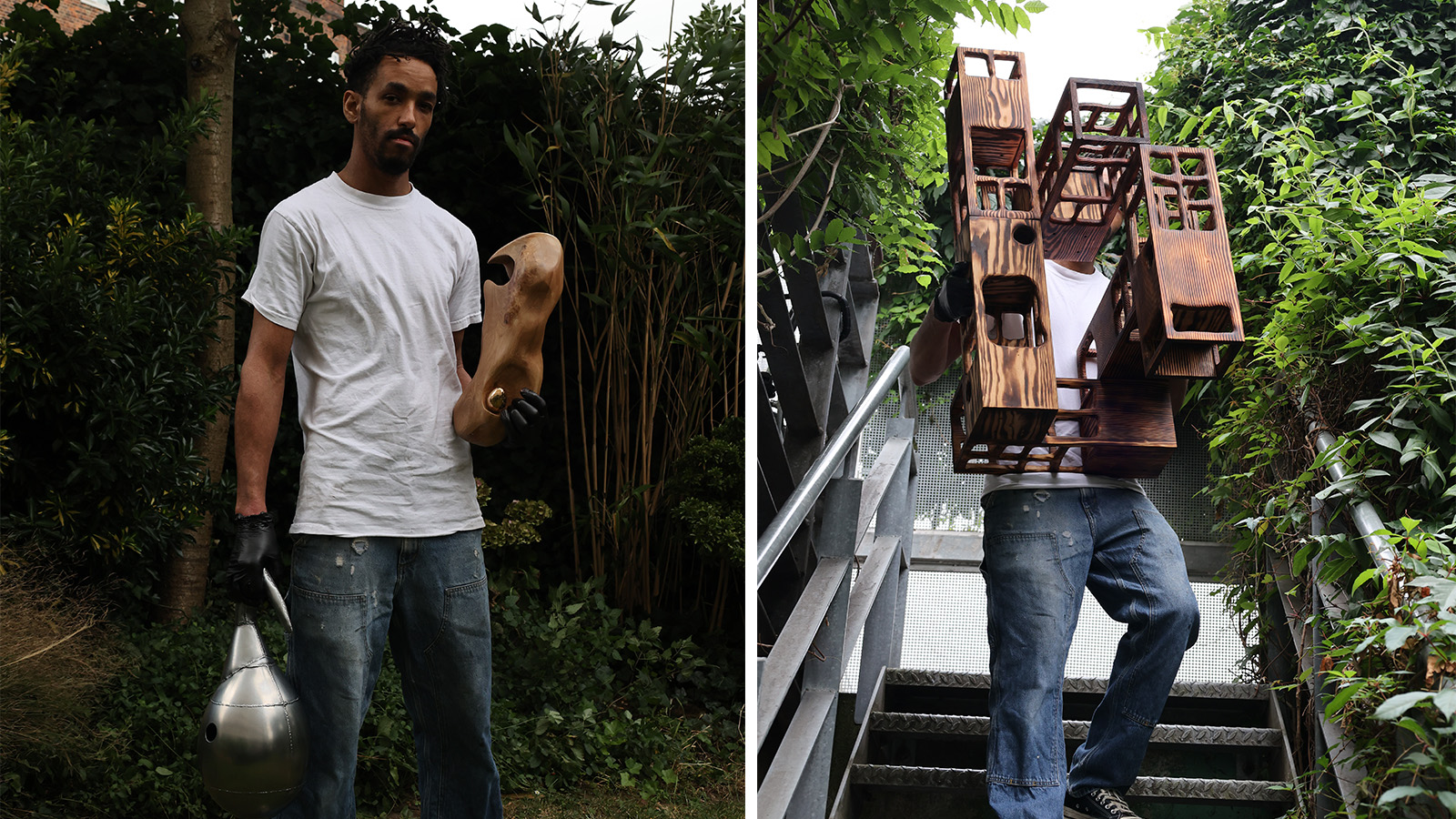
A time-honoured conundrum within design is how to encourage people to see beyond a physical object to understand that design is a verb, not a noun. A successful approach is to cast the net wide into a variety of practices and ask them to respond to a single idea, thereby exposing the truth that design is a process with wildly different potential applications and outcomes. This has been the objective of a new exhibition opening this weekend at South London Gallery, where 22 different individuals and studios working in the realm of design were asked to respond to the idea of a bird house.
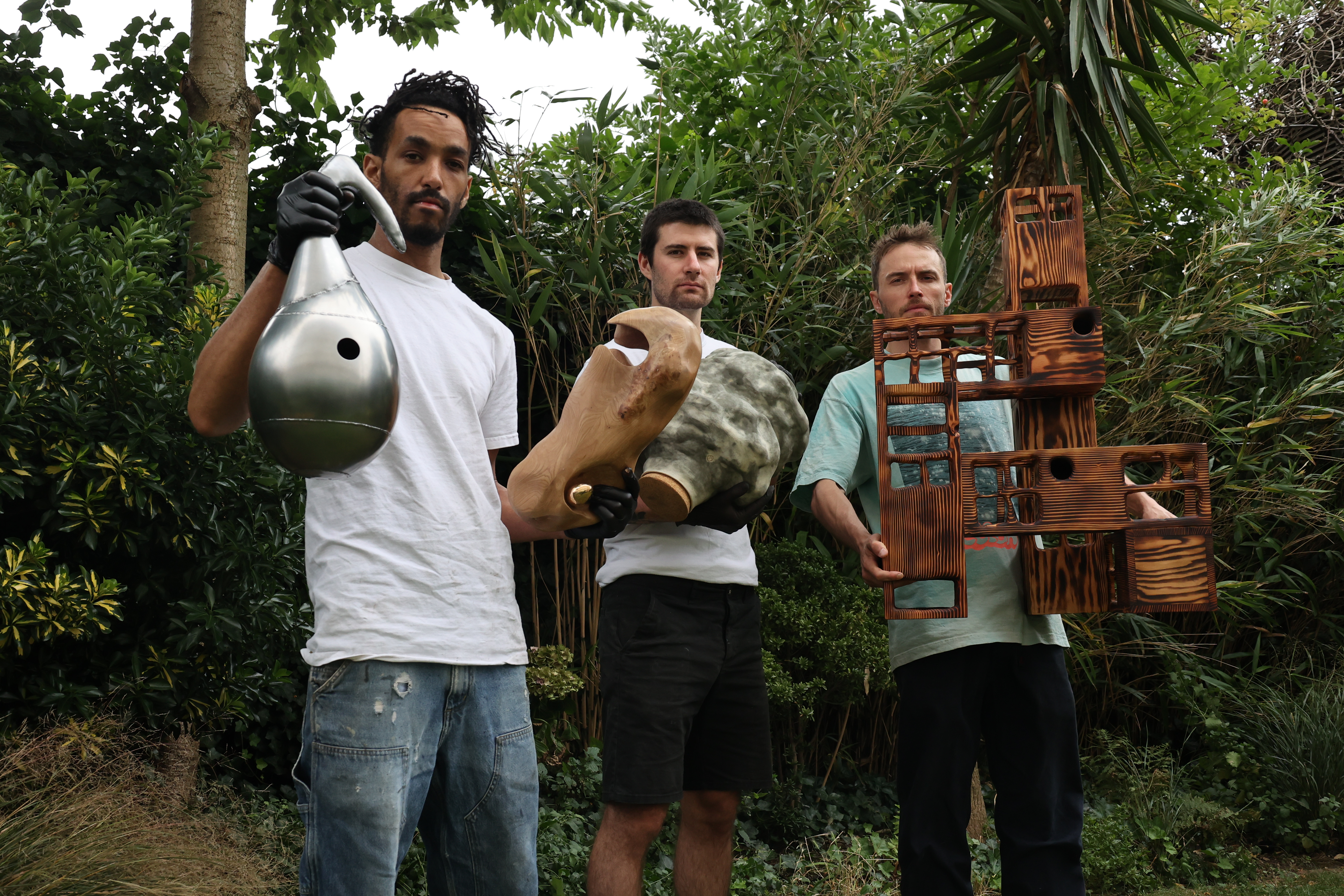
Computer Room trio: Andu Masebo, Charlie Humble-Thomas and Jesse Butterfield
The exhibition has been curated by Computer Room, a trio comprising Andu Masebo, Charlie Humble-Thomas and Jesse Butterfield who share a studio space. They worked in close consultation by Ollie Olanipekun, the founder of Flock Together, who started a birdwatching group in 2020 for people of colour that has since grown wings to become a collective for greater inclusivity in our experience and enjoyment of outdoor culture. The results will be on display fleetingly for just two days in the Orozco Garden and the Clore Studio at South London Gallery.
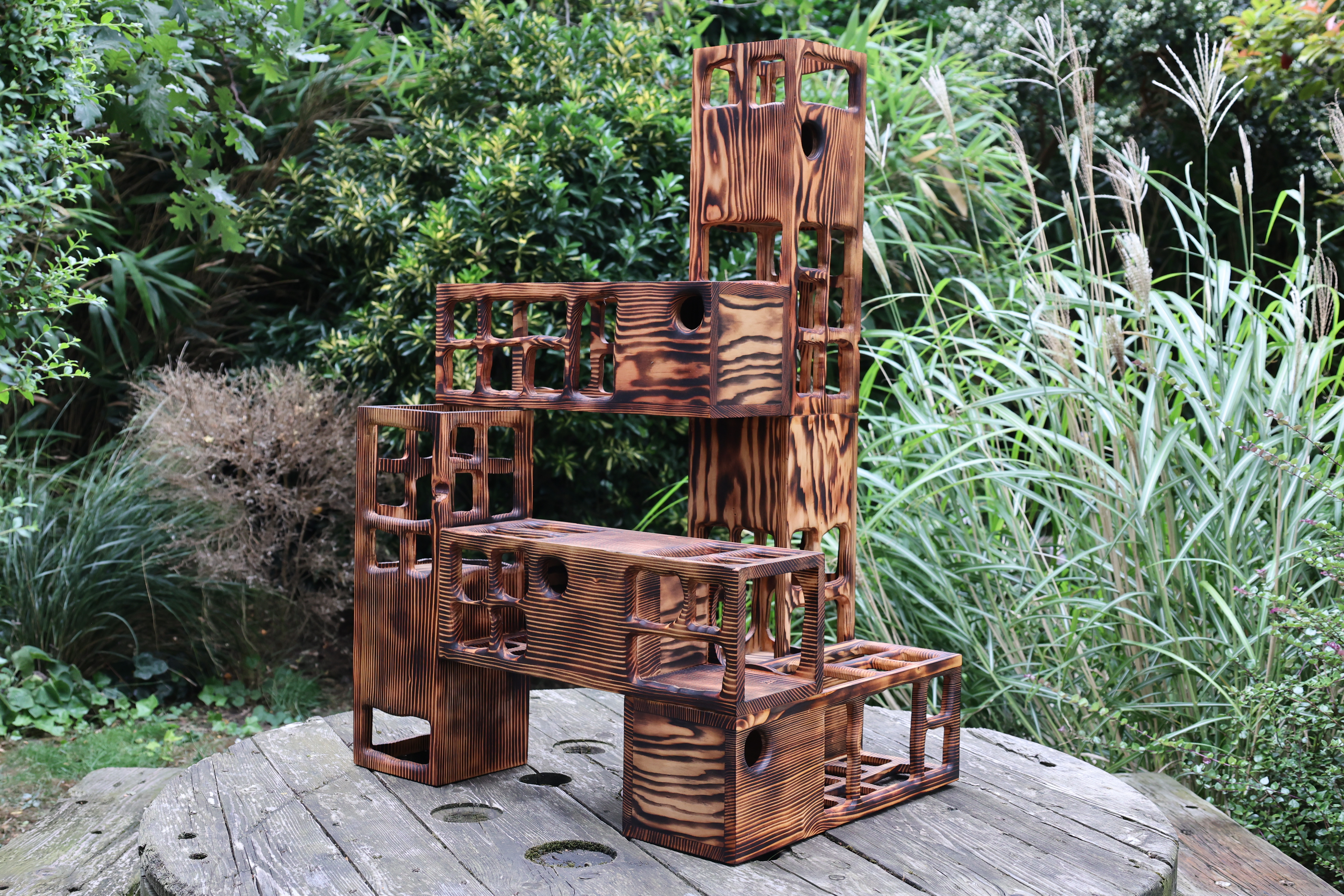
Jesse Crabtree Butterfield's 'Bird Metropolis' made out of Douglas Fir
Dwellings is an intriguing premise, which reveals far more than one might imagine. From glass to photography, data to ceramics, trusty wood to unwieldy ancestral talismans, here we witness the magnitude of that slippery word ‘design’ in multitudinous array, tentatively held together by the parameter of a starkly simple brief. The various imaginings delve into concrete and abstract responses; pretty, poetic, profound and perfunctory from one to another. We are asked to consider notions of human interference with animal shelter; changed migratory patterns through climate change; the damage and opportunities of urban habitats; our own inherited assumptions of what a sanctuary or nest might represent.
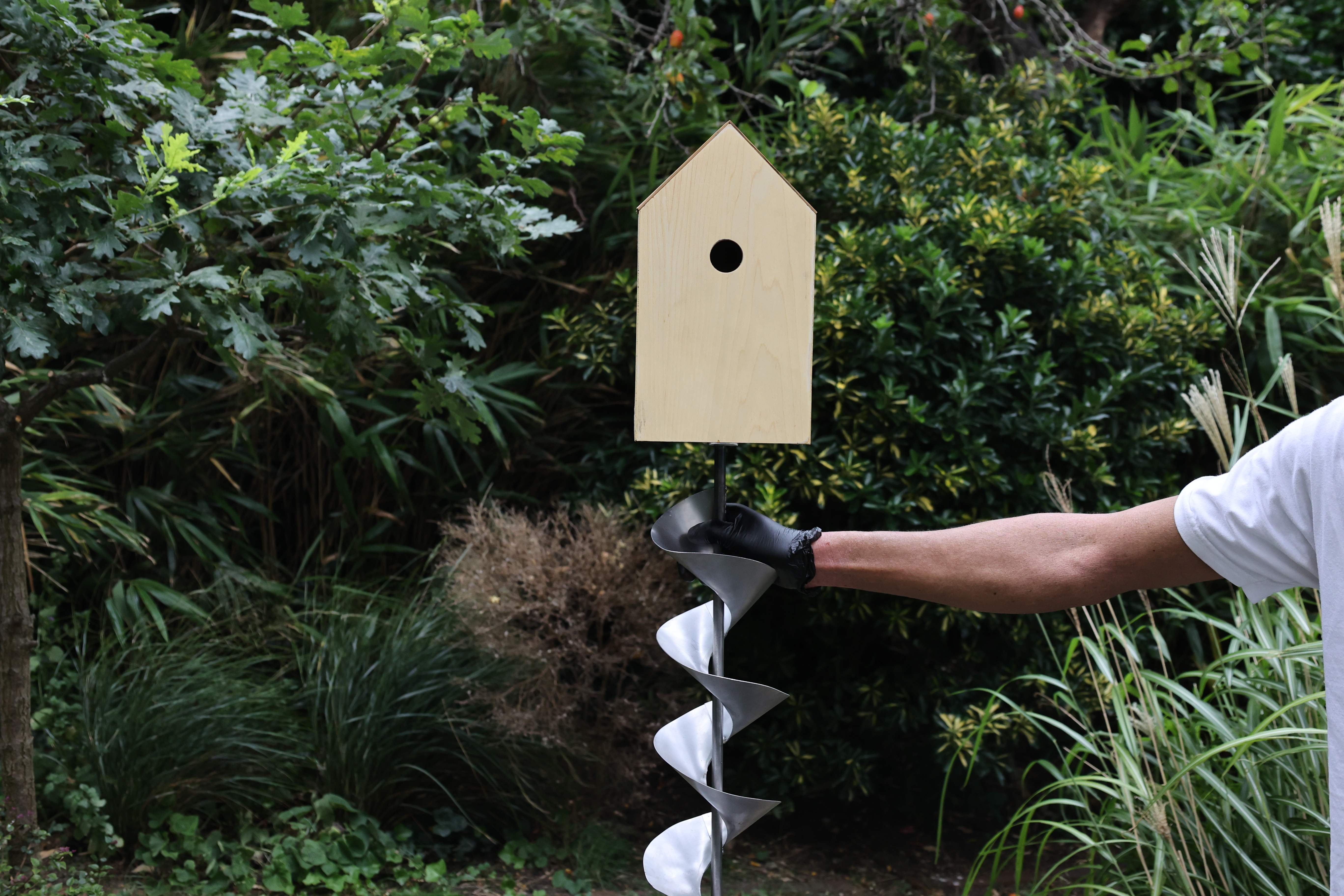
Artist Freya Bolton's birdhouse design
It is far more than a collection of bird houses. This is evidence of the rich and restless new generation of designers keen to use design as a tool to interrogate and wrestle with, not just address, the overwhelming state of flux in which we find ourselves. The exhibition reveals design’s depths and bridges to cross fields and cultures. The only shame is that it is on for just two days. One hopes it will take flight and rest somewhere else for a little longer so more people can enjoy it. With that in mind, we spoke to Andu Masebo, from Computer Room, and one of Wallpaper’s Future Icons, to find out more about the project.
Andu Masebo on 'Dwellings'
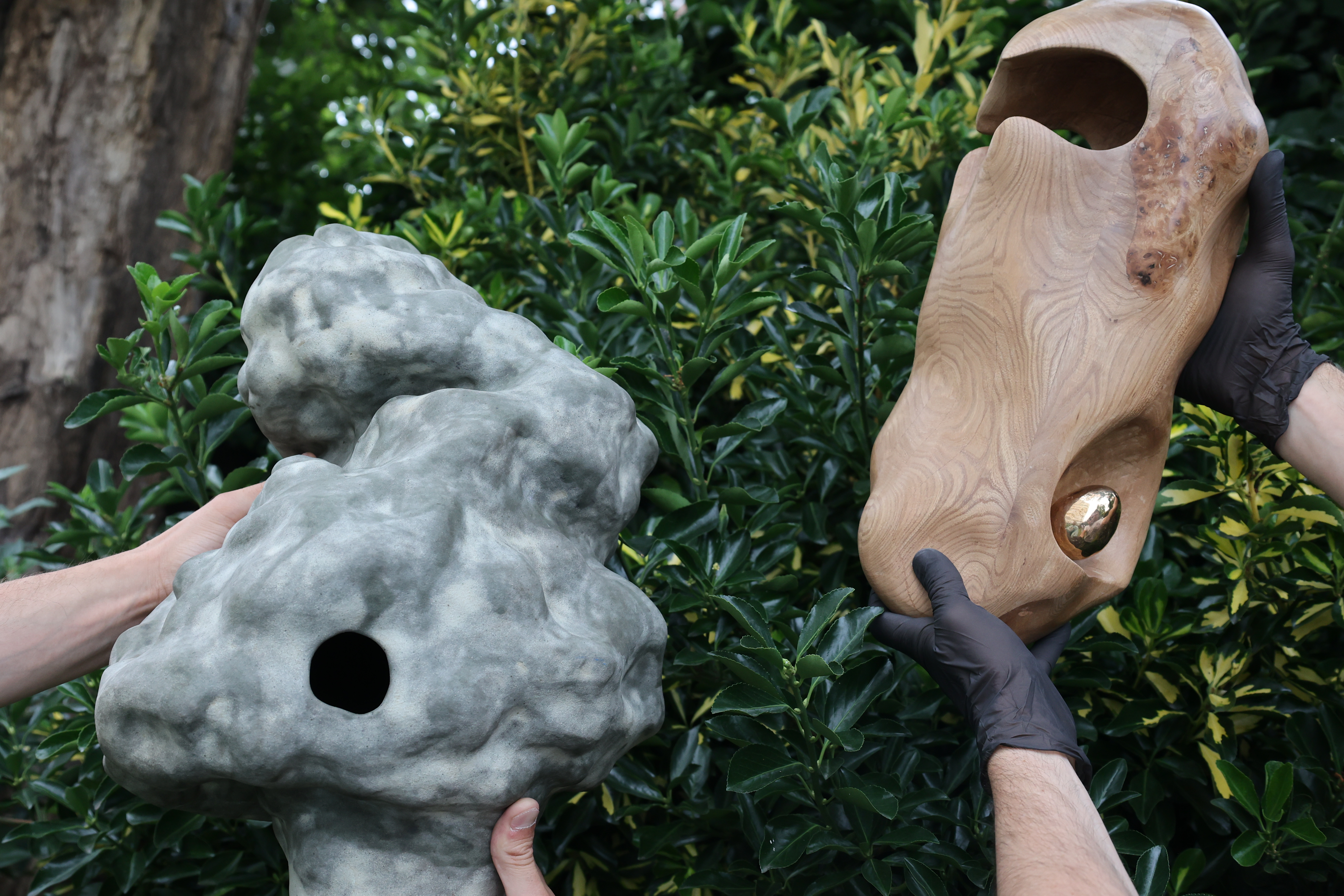
Artist Tessa Silva's studio shoot
Wallpaper*: Before we get to the birds, tell us about Computer Room and the collaborative venture you’ve built close to home.
Andu Masebo: For a long time, my studio mates Charlie and Jesse and I have been thinking about ways we might work together. Though we have separate practices, our heads are connected and we often share similar ideas, even if the processes and expressions are different. Computer Room was born as a space for us to explore working together.
W*: Was it the same spirit of joined forces that you were keen to harness for Dwellings?
Receive our daily digest of inspiration, escapism and design stories from around the world direct to your inbox.
AM: In short yes - we live in London in a network of interesting talented makers and thinkers of many different practices. Dwellings came about as a way to do a project that brings different people together to express their own ways and forms of working through one idea.
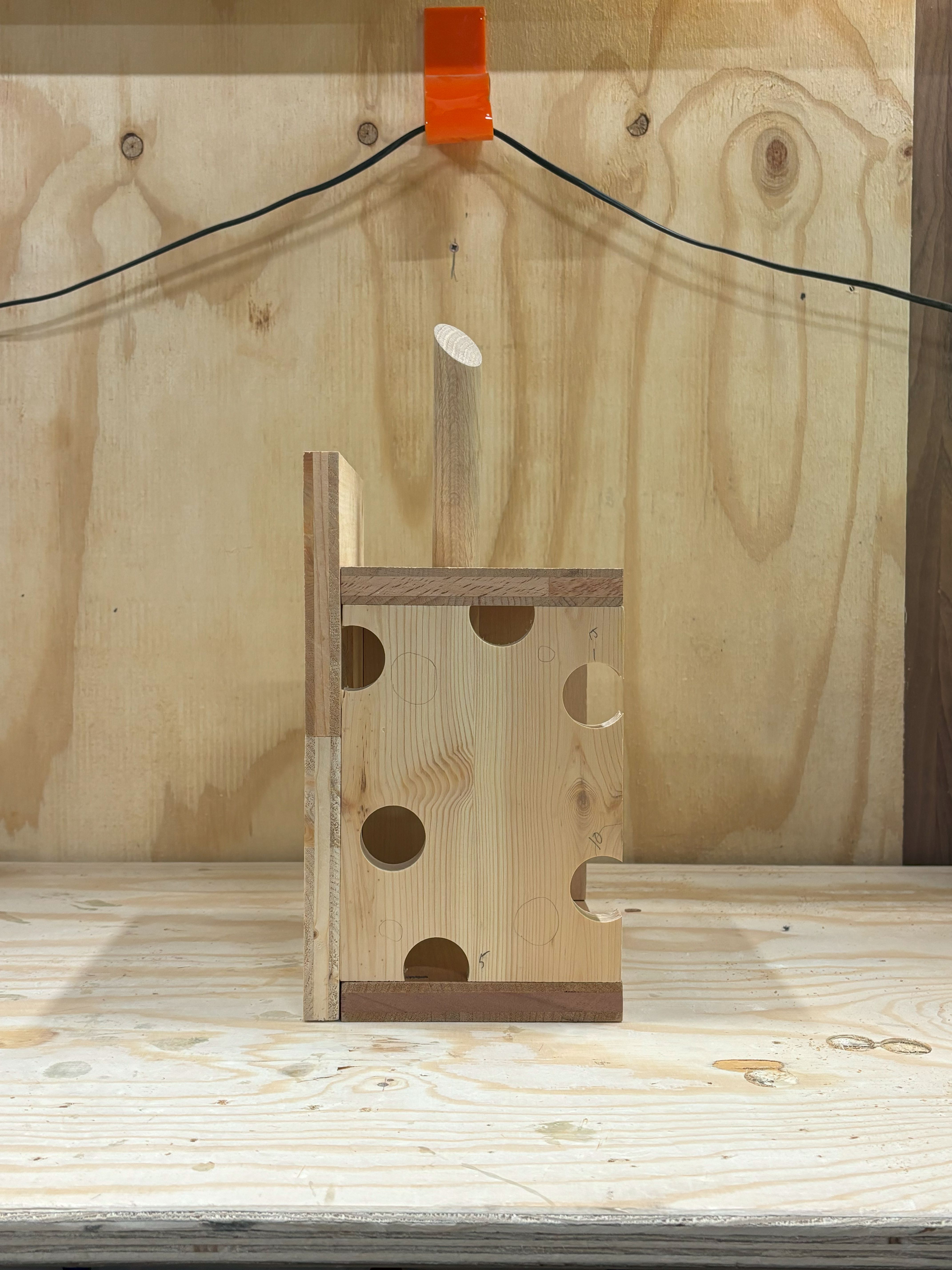
Charlie Boyden's birdhouse design
W*: Do you share a love of birds?
AM: We love birds, but it wasn’t so much the topic as the idea of the object - the birdhouse - which is a nice visual cue to riff on conceptually. The Bird house is an object but also quite a complex idea, when you begin to dig into it. A bird house is housing for an animal that isn’t a human or even a mammal. It taps into our relationship with nature, our desire to observe, intervene, protect and harness animals, and of course takes in how we are rapidly affecting our natural world through climate change. We worked closely with Ollie Olanipekun, the founder of Flock Together. Ollie loved our idea and had connections at South London Gallery, so it felt like a perfect marriage of different bodies.
W*: How did you engage such a broad group with a brief?
AM: Our brief was really short and intentionally open. We quite literally said: ‘a bird house’. We didn’t say ‘design a bird house’ because we wanted people to think about the idea of a bird house and respond to the concept from the position of their own practice.
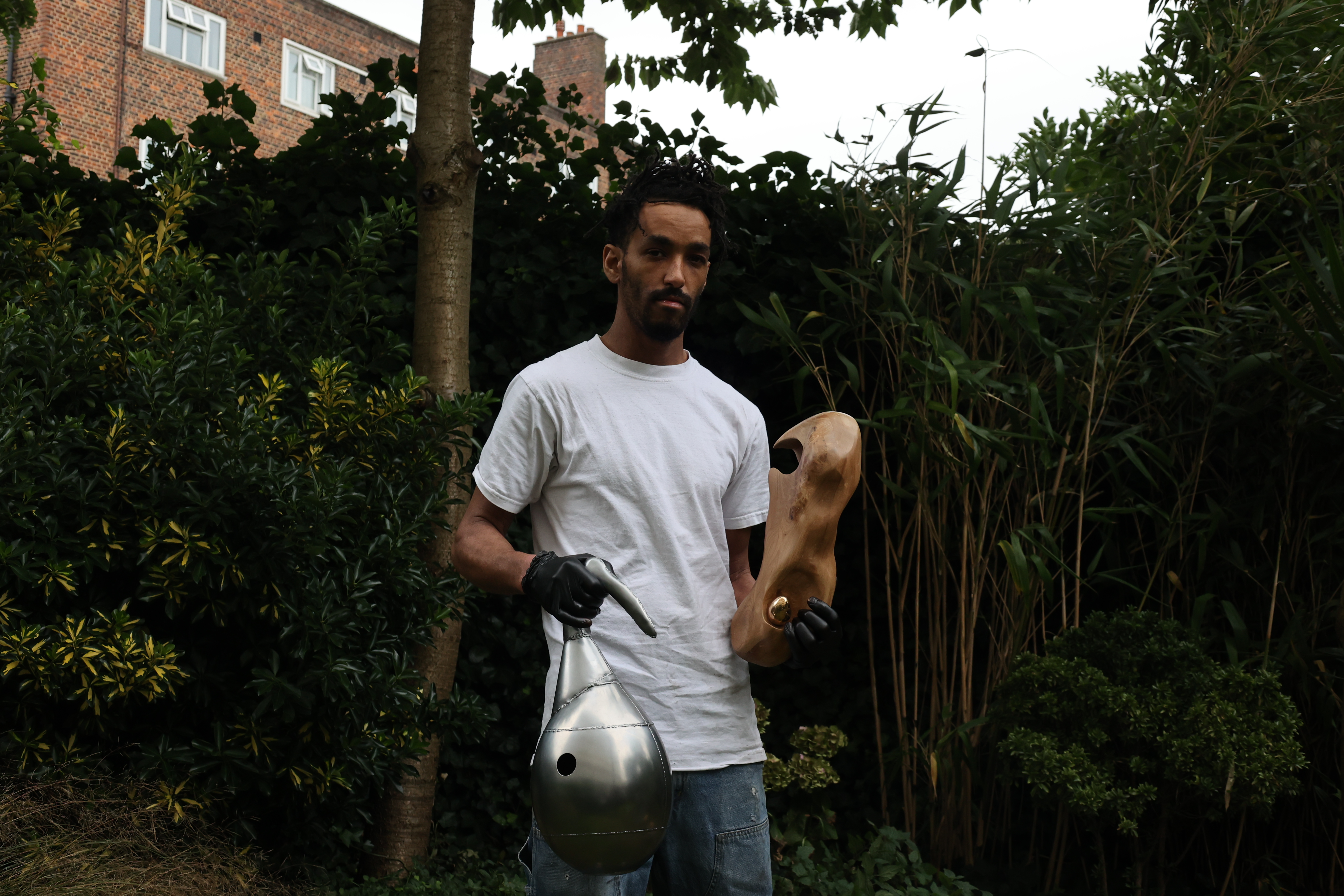
Product designer Andu Masebo with various birdhouse designs
W*: Nice. And presumably this initiated a plethora of very different responses?
AM: We have 22 different artists and designers in the show, with a whole spectrum of materials and approaches from conceptual to provocative, to near-production ready and more sculptural prototypes. Each participant has drilled down into their own practice, and the range of responses is really interesting as a result. The bird house is a bridge into different people’s visions and ways of working.
W*: So would you say the exhibition is an exercise less about housing birds and more about demonstrating how broadly relevant the subject of design can be?
AM: As designers, we are in the world of finding ways to make original and relevant work, and it’s a lifelong challenge to do this. The most interesting thing to us is the diverse practice and response of design, which shows many different ways that design can be applied to address matters of life.
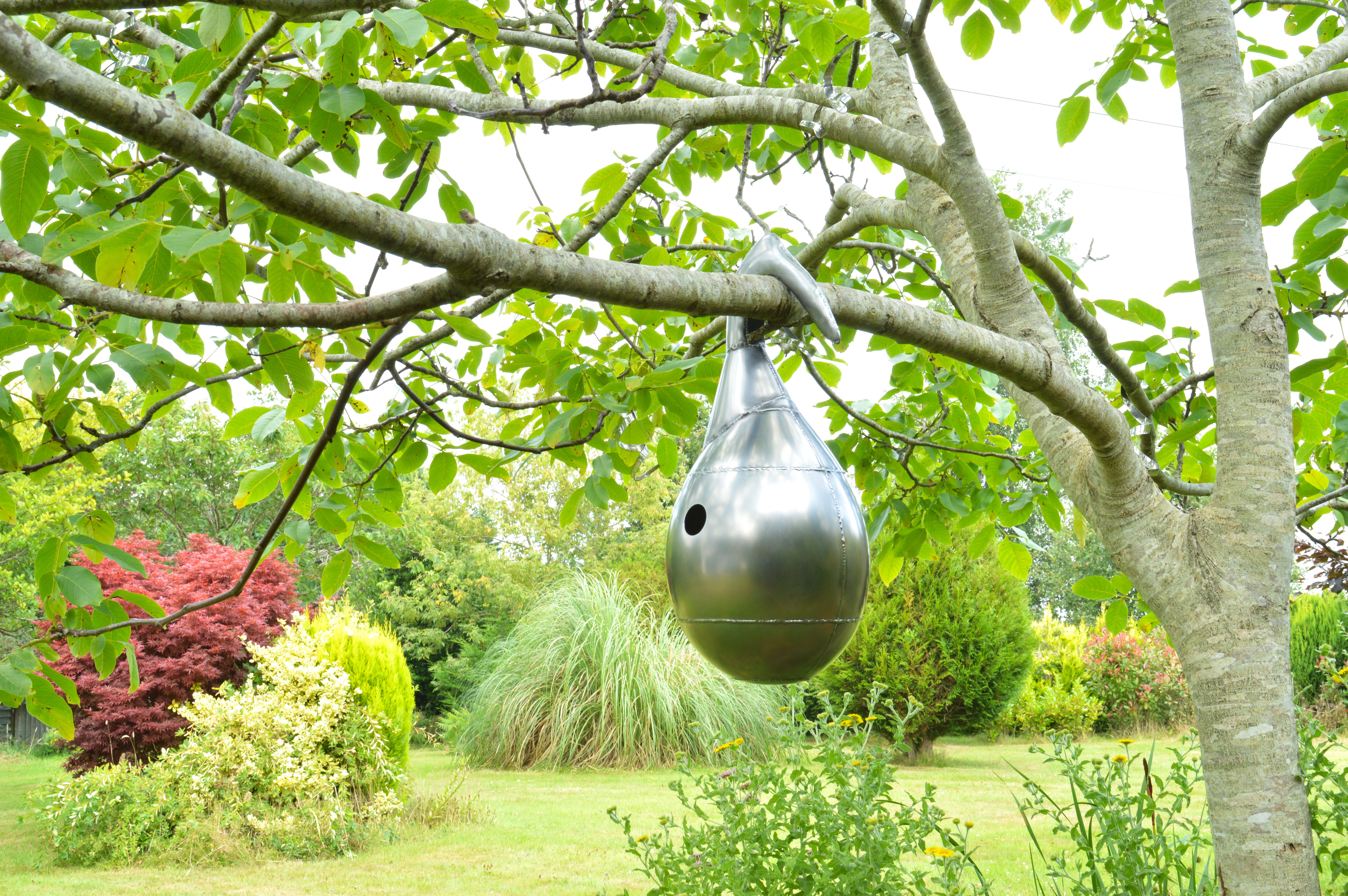
Jaclyn Pappalardo's birdhouse design
W*: Tell us about some of the works on show.
AM: Charlie has made a house for a particular endangered species of bird. Jesse made a metropolis of nine nests for one of the only birds that cohabits. My response was a collaboration with my uncle who is a trained carpenter living in Cork, Ireland. We sent material back and forth between London and Cork, each intervening with the next step before sending it back. We didn’t speak about our interventions; we knew there needed to be a bird house at the end. It’s a nice reflection on our relationship: we are close, separated by distance, with things often left unspoken.
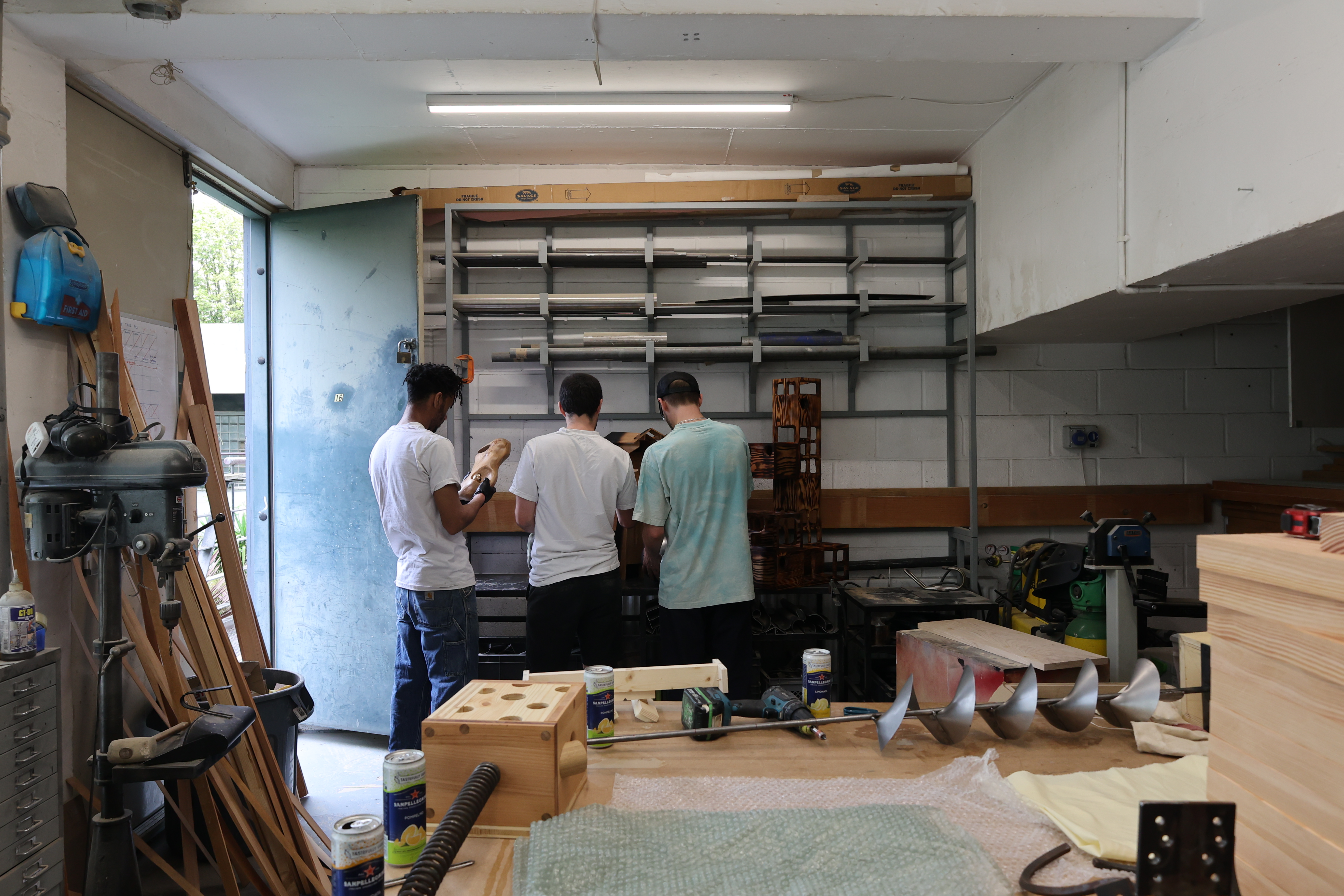
Jesse Butterfield
W*: How poetic. What do you hope people might take away from the show?
AM: This kind of exhibition has the potential to do a couple of things. On the one hand we are keen to bring to the fore the conversation around nature and human interaction with it. We are engaging with something seemingly trivial but in a deep and very diverse way – this is an interesting access point for discussions around where design might be relevant and interesting as a lens to look at different areas of life and ask whether we can be helpful in that space.
W*: Will birds be in attendance?
AM: We might plant some seeds to encourage a visitor or two!
Dwellings
31 August - 1 September
Orozco Garden and Clore Gallery of South London Gallery.
65 Peckham Rd, London SE5 8UH
southlondongallery.org
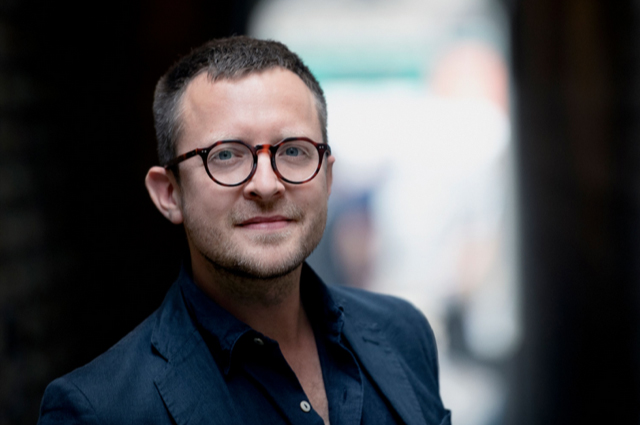
Hugo is a design critic, curator and the co-founder of Bard, a gallery in Edinburgh dedicated to Scottish design and craft. A long-serving member of the Wallpaper* family, he has also been the design editor at Monocle and the brand director at Studioilse, Ilse Crawford's multi-faceted design studio. Today, Hugo wields his pen and opinions for a broad swathe of publications and panels. He has twice curated both the Object section of MIART (the Milan Contemporary Art Fair) and the Harewood House Biennial. He consults as a strategist and writer for clients ranging from Airbnb to Vitra, Ikea to Instagram, Erdem to The Goldsmith's Company. Hugo recently returned to the Wallpaper* fold to cover the parental leave of Rosa Bertoli as global design director, and is now serving as its design critic.
-
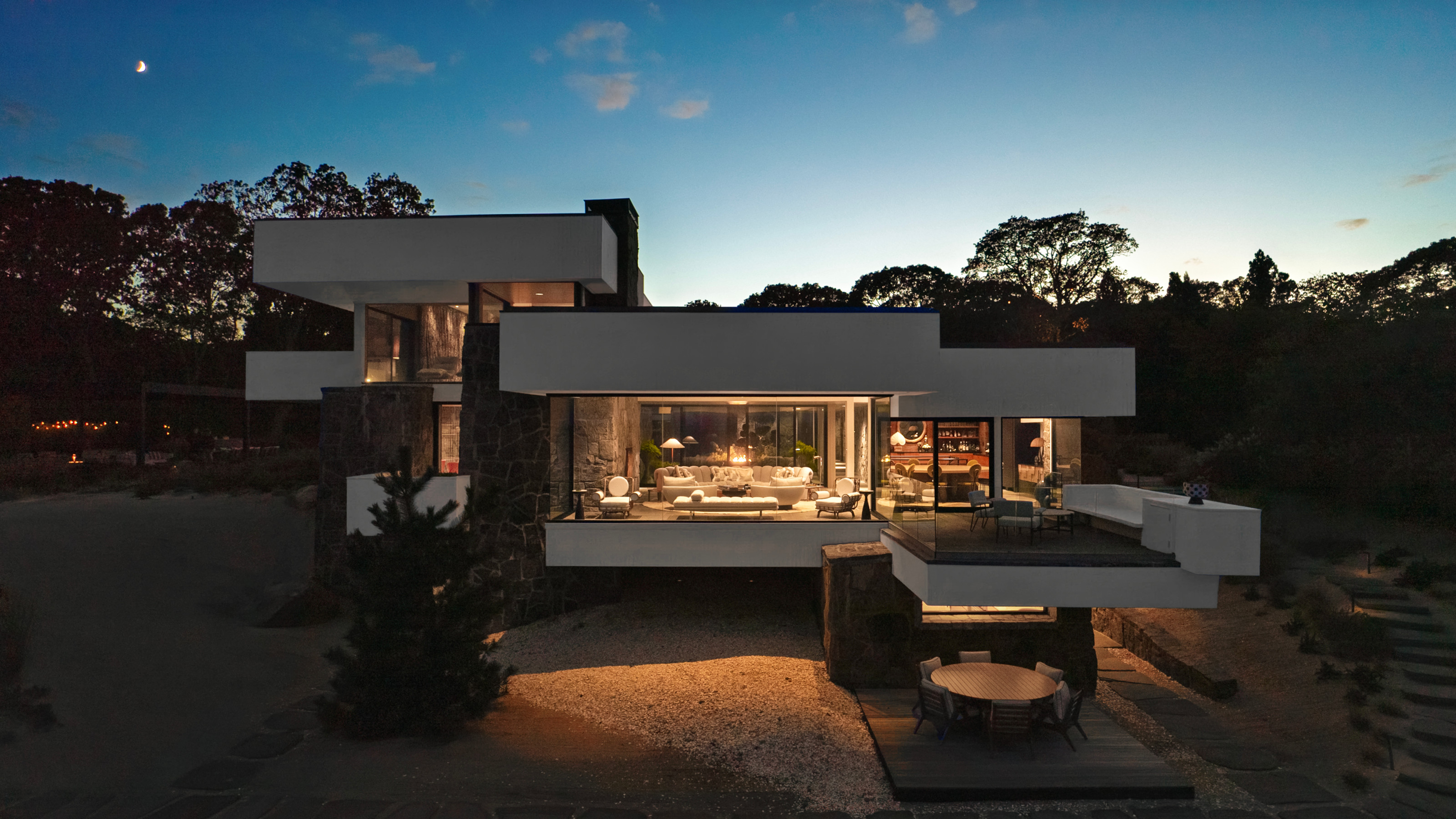 Modernism for sale: a Norman Jaffe-designed icon on Shelter Island hits the market
Modernism for sale: a Norman Jaffe-designed icon on Shelter Island hits the marketThe Osofsky House epitomised the glamour of high-end 70s modernism on Long Island. Now updated and refurbished, it’s back on the market for the first time in over two decades
-
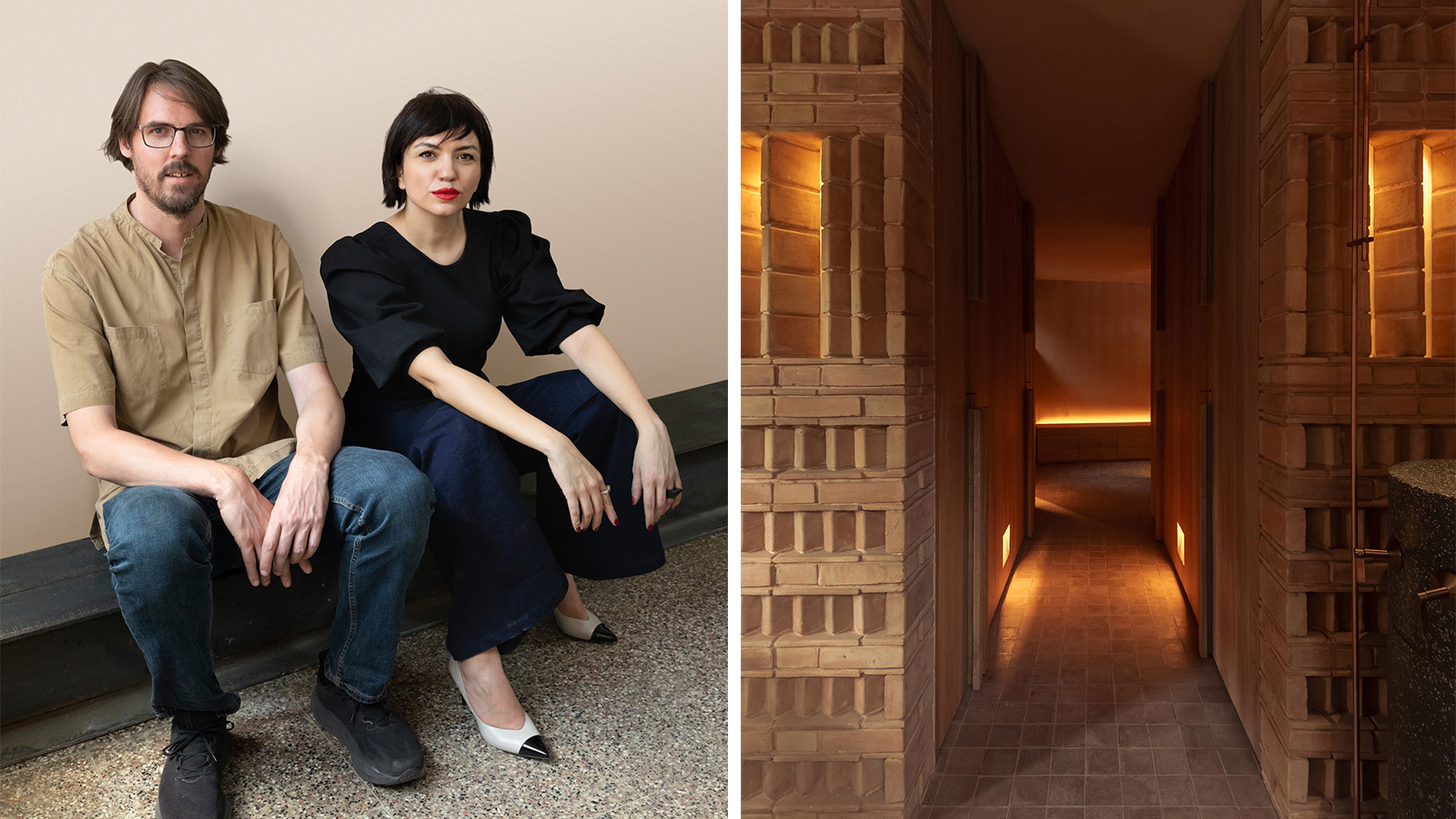 Discover Locus and its ‘eco-localism' - an alternative way of thinking about architecture
Discover Locus and its ‘eco-localism' - an alternative way of thinking about architectureLocus, an architecture firm in Mexico City, has a portfolio of projects which share an attitude rather than an obvious visual language
-
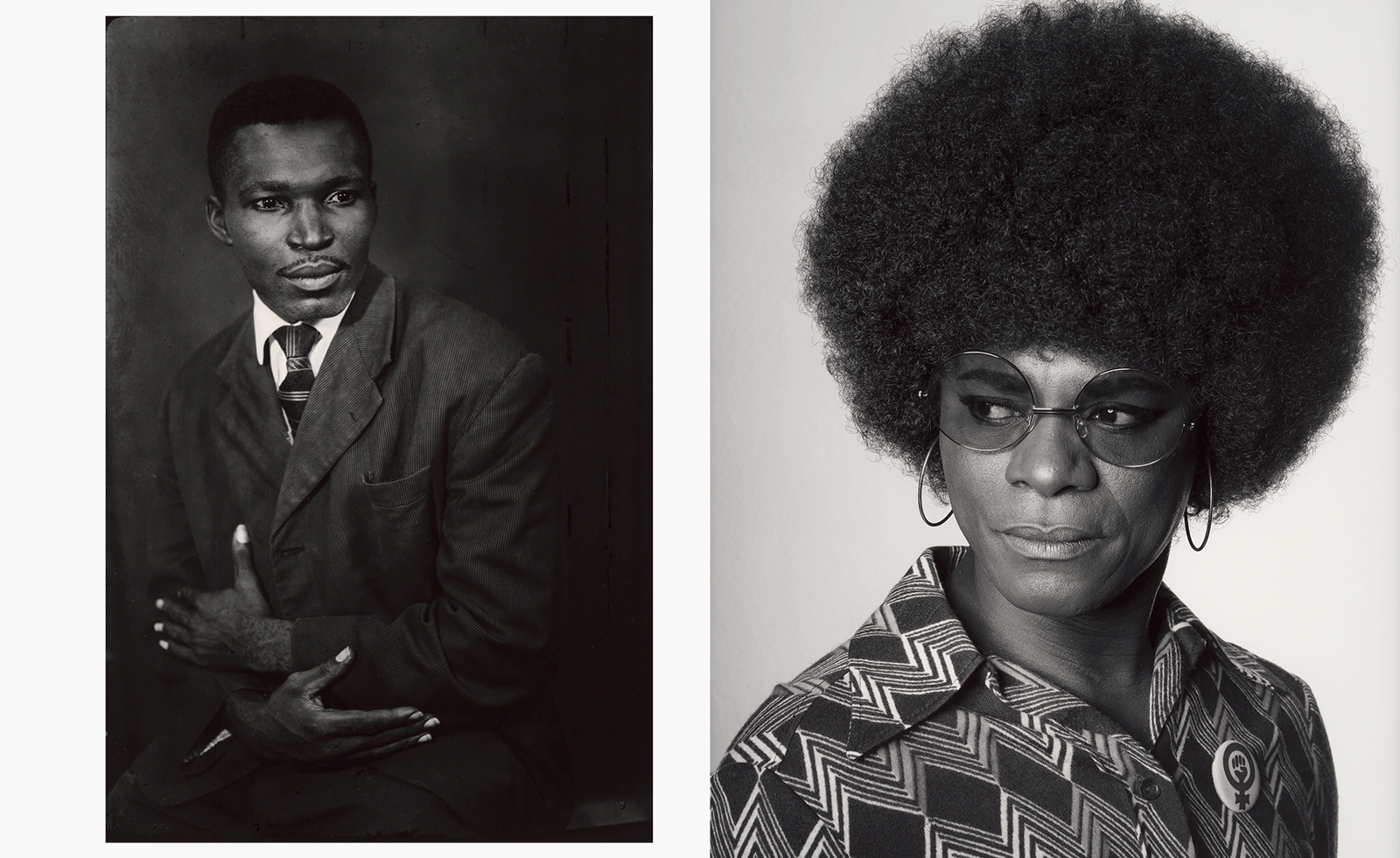 MoMA celebrates African portraiture in a far-reaching exhibition
MoMA celebrates African portraiture in a far-reaching exhibitionIn 'Ideas of Africa: Portraiture and Political Imagination' at MoMA, New York, studies African creativity in photography in front of and behind the camera
-
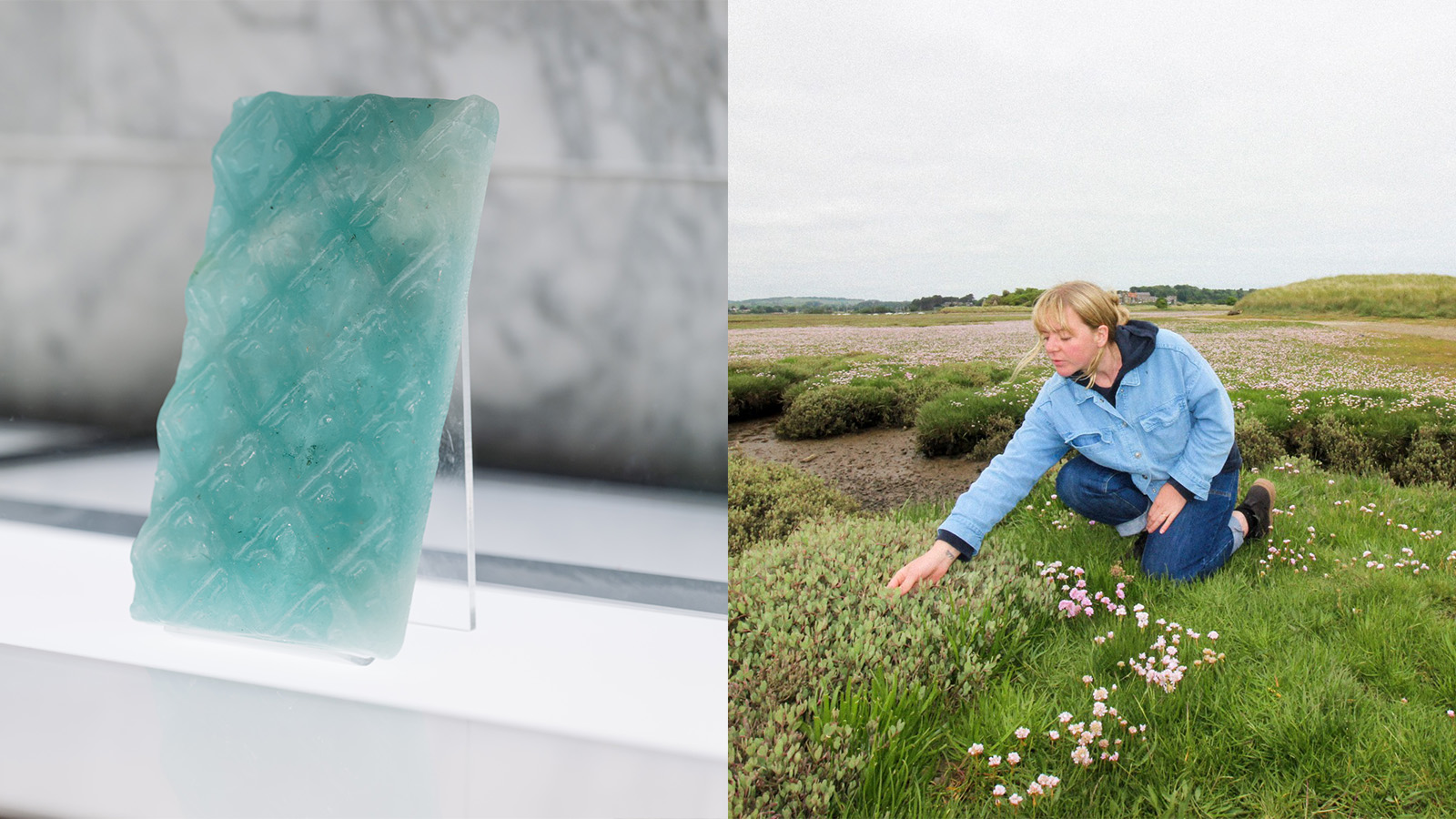 Lulu Harrison is the Ralph Saltzman Prize winner 2025
Lulu Harrison is the Ralph Saltzman Prize winner 2025The Design Museum, London, announces Lulu Harrison as winner of The Ralph Saltzman Prize for emerging designers, and will showcase her work from 24 June to 25 August 2025
-
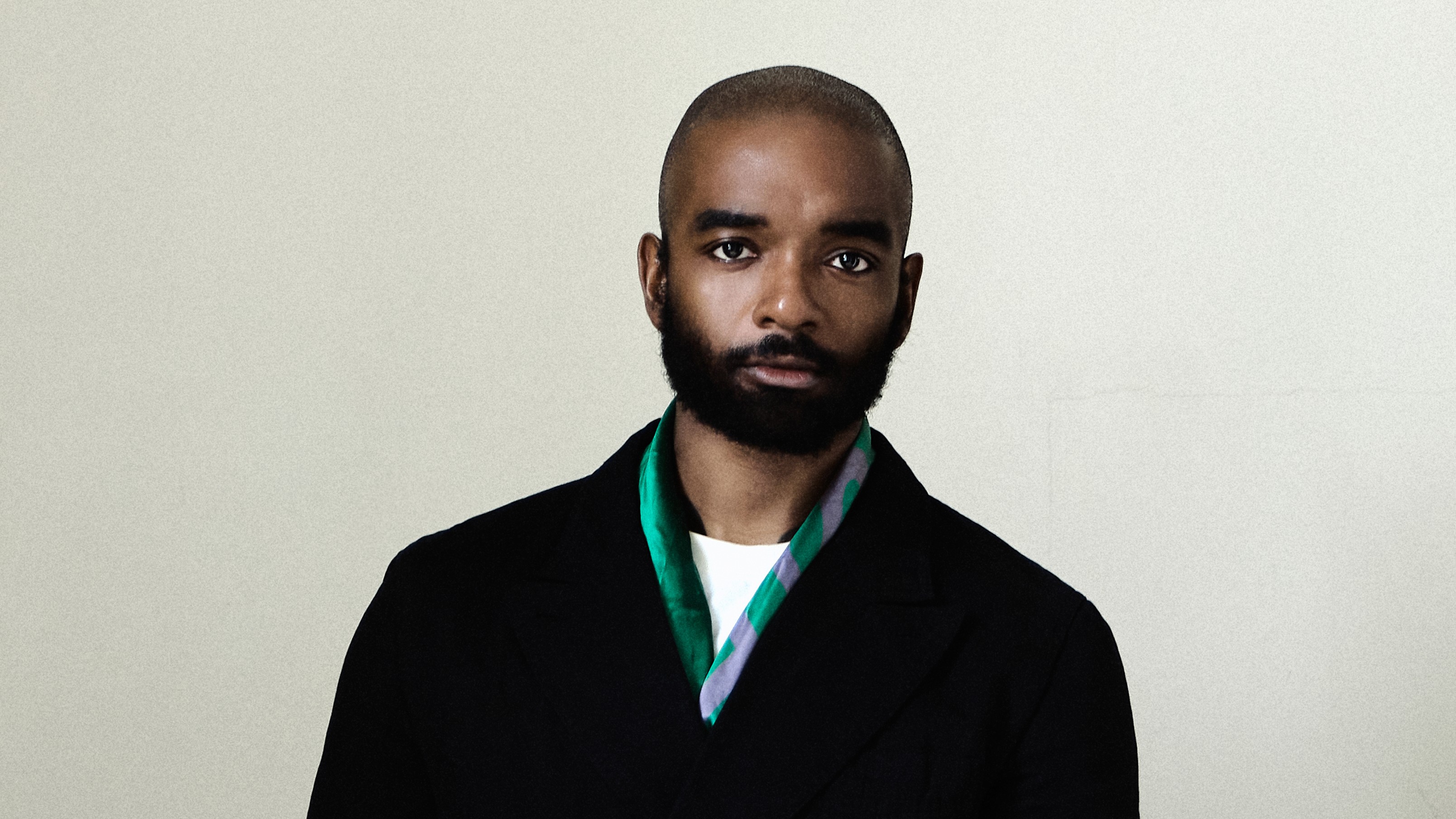 ‘Designers are far more than just producers of commercial goods’: Samuel Ross on the London Design Biennale
‘Designers are far more than just producers of commercial goods’: Samuel Ross on the London Design BiennaleThe artistic director of the major event and founder of A-COLD-WALL* discusses the role of a designer and the future of the sector in an exclusive interview
-
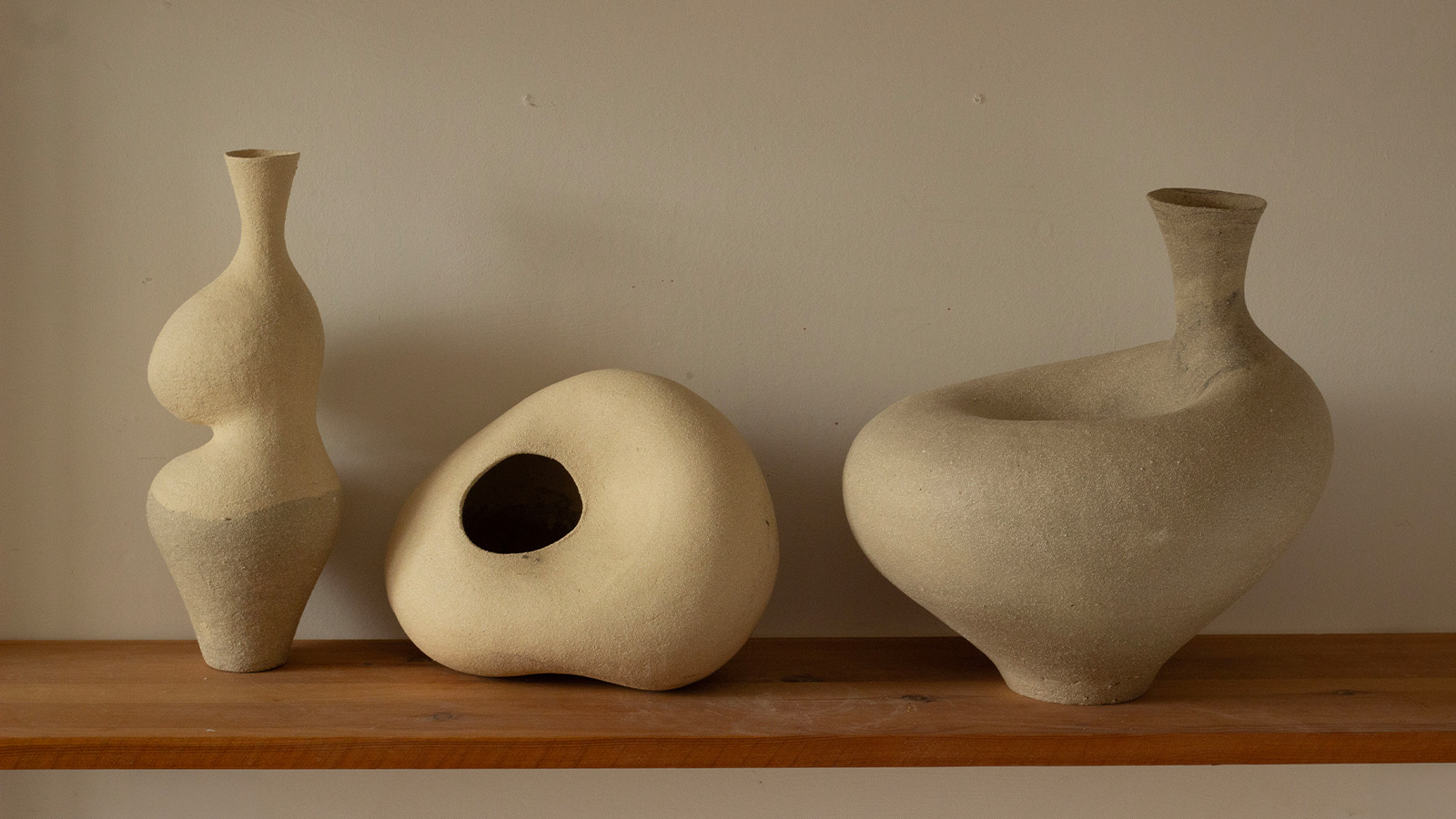 London Craft Week 2025 highlights – what to see this weekend
London Craft Week 2025 highlights – what to see this weekendLondon Craft Week 2025 (until 18 May) brings together some 1,000 established and emerging makers. Here is everything we saw and loved so you don't miss a thing
-
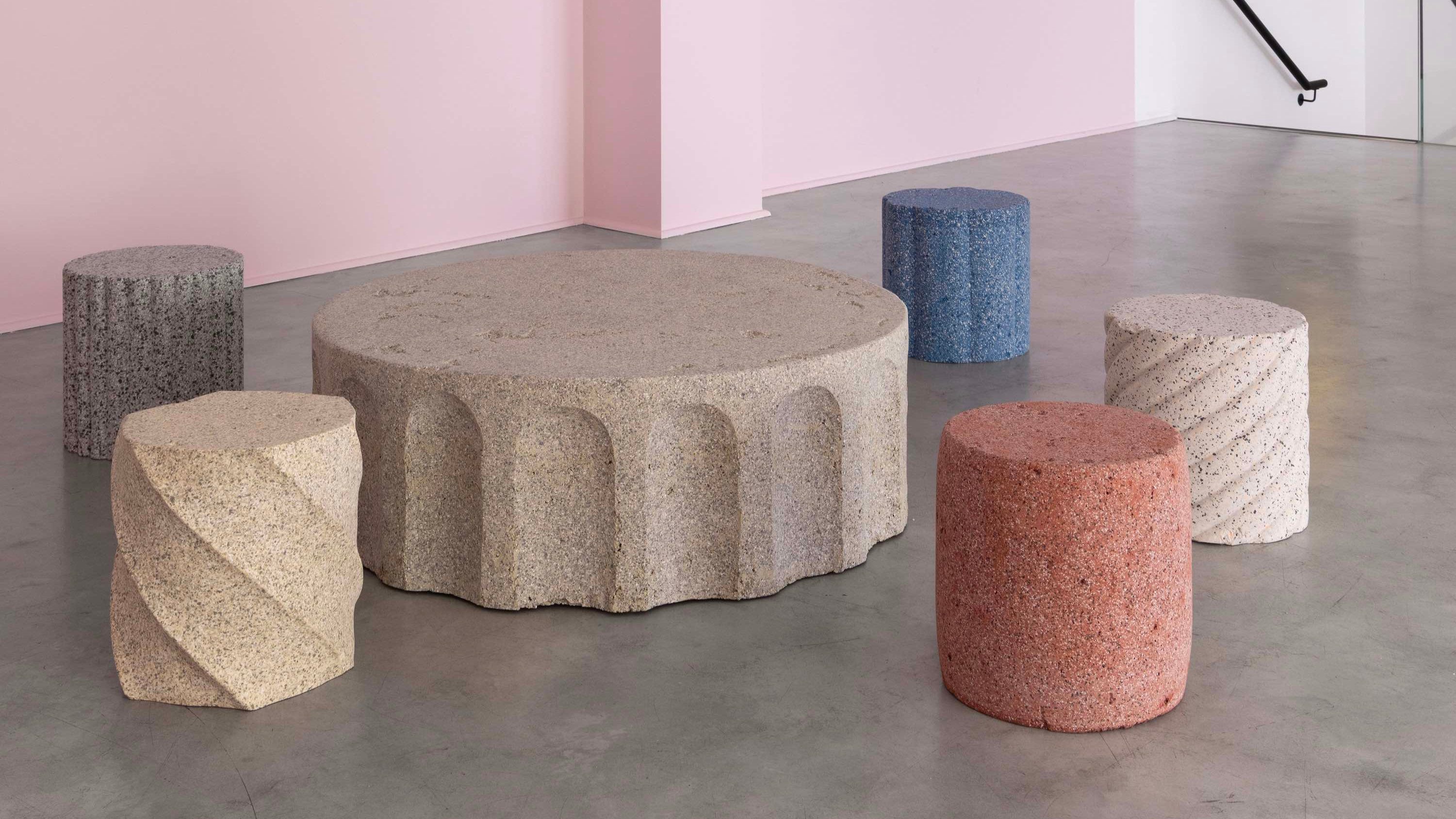 Erasers become architectural illusions at Gallery Fumi
Erasers become architectural illusions at Gallery FumiLondon duo Study O Portable unveil 'Rubber Rocks', trompe-l’œil furniture made from erasers, exploring themes of materiality, memory and architectural decay
-
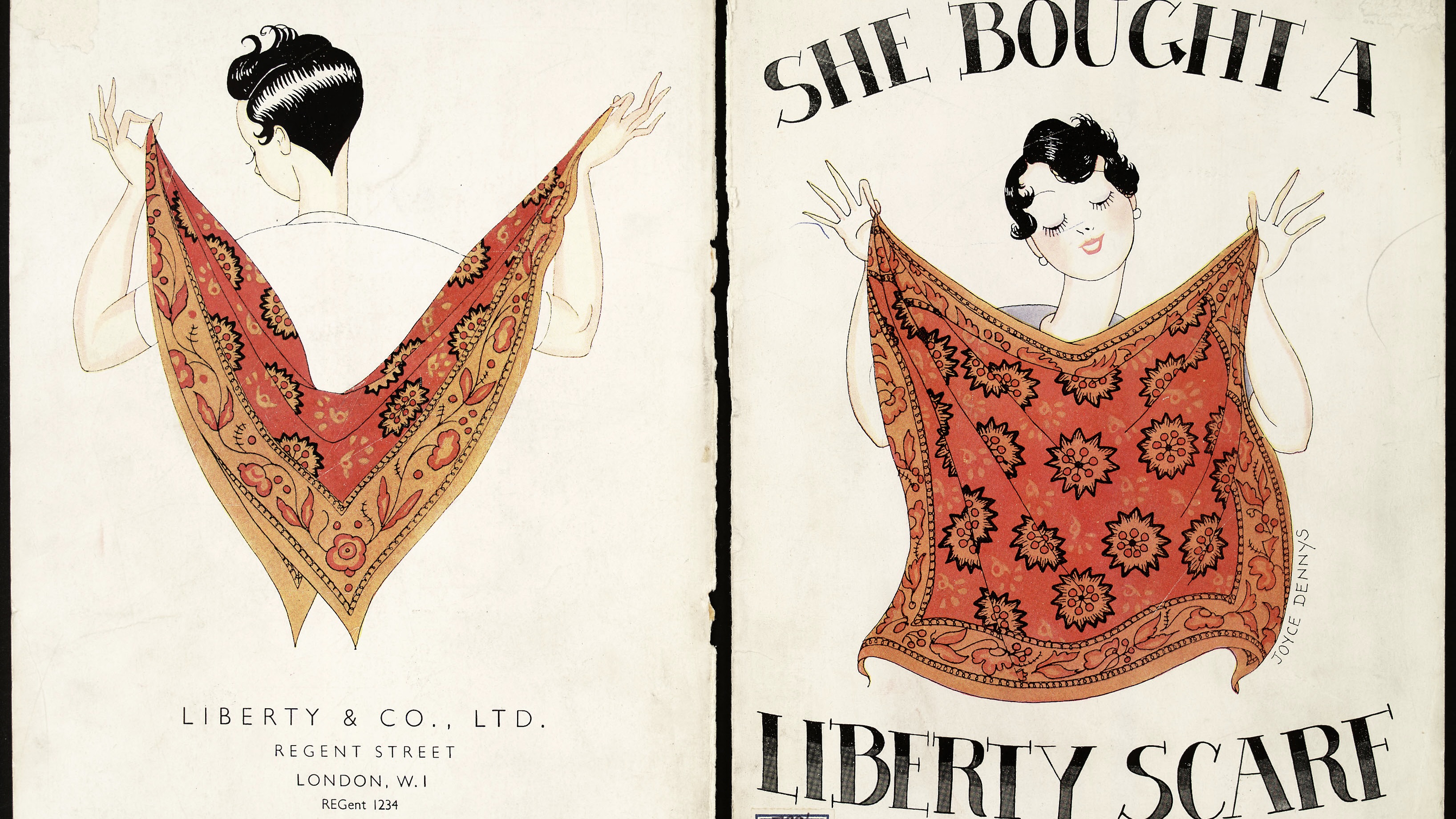 Liberty at 150: a history of the brand in 10 objects
Liberty at 150: a history of the brand in 10 objectsLiberty is marking its 150th anniversary; to celebrate, we remember products and prints that helped make the department store the cultural touchpoint it is today
-
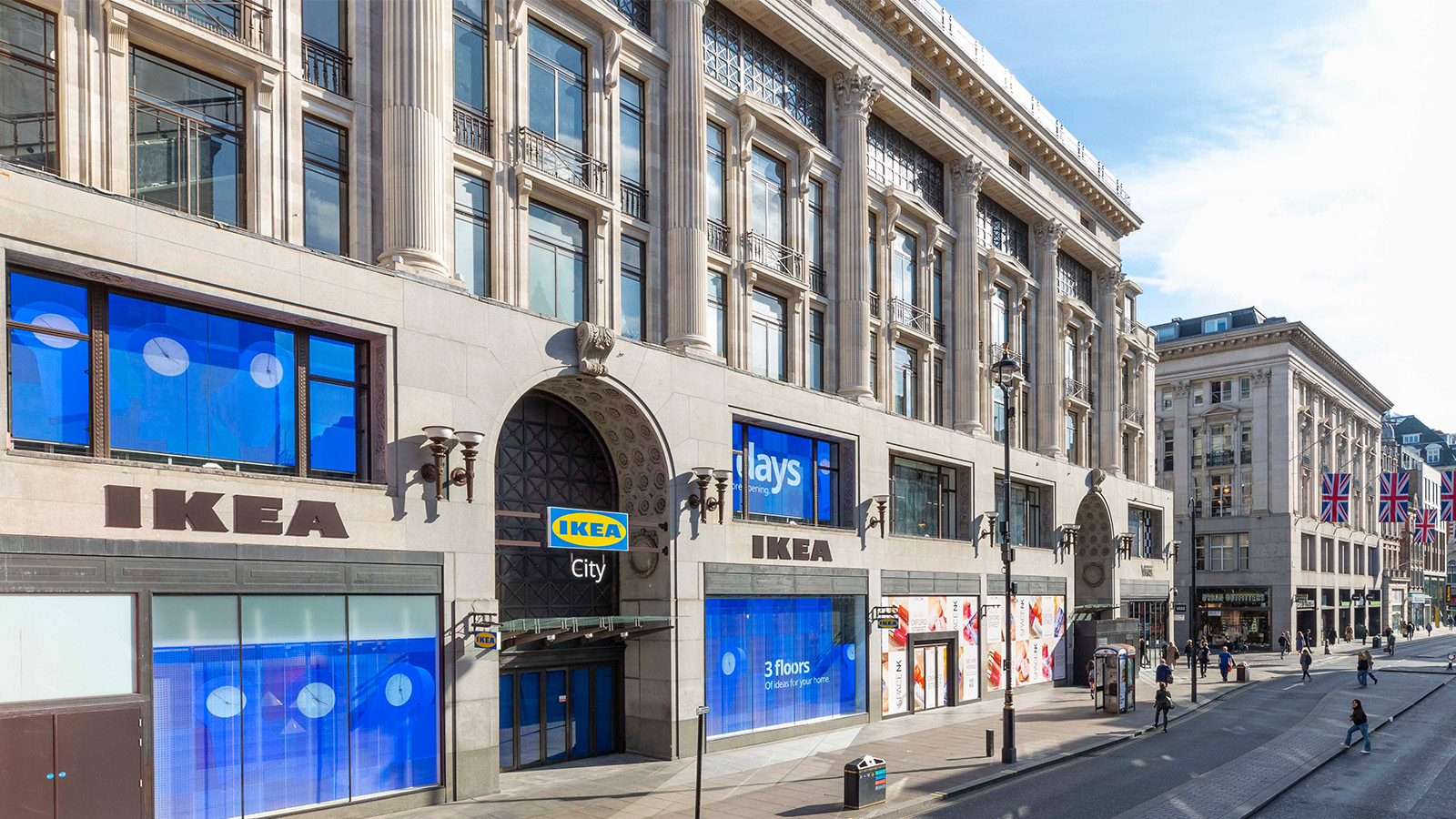 A first look inside the new Oxford Street Ikea. Spoiler: blue bags and meatballs are included
A first look inside the new Oxford Street Ikea. Spoiler: blue bags and meatballs are includedThe new Oxford Street Ikea opens tomorrow (1 May), giving Londoners access to the Swedish furniture brand right in the heart of the city
-
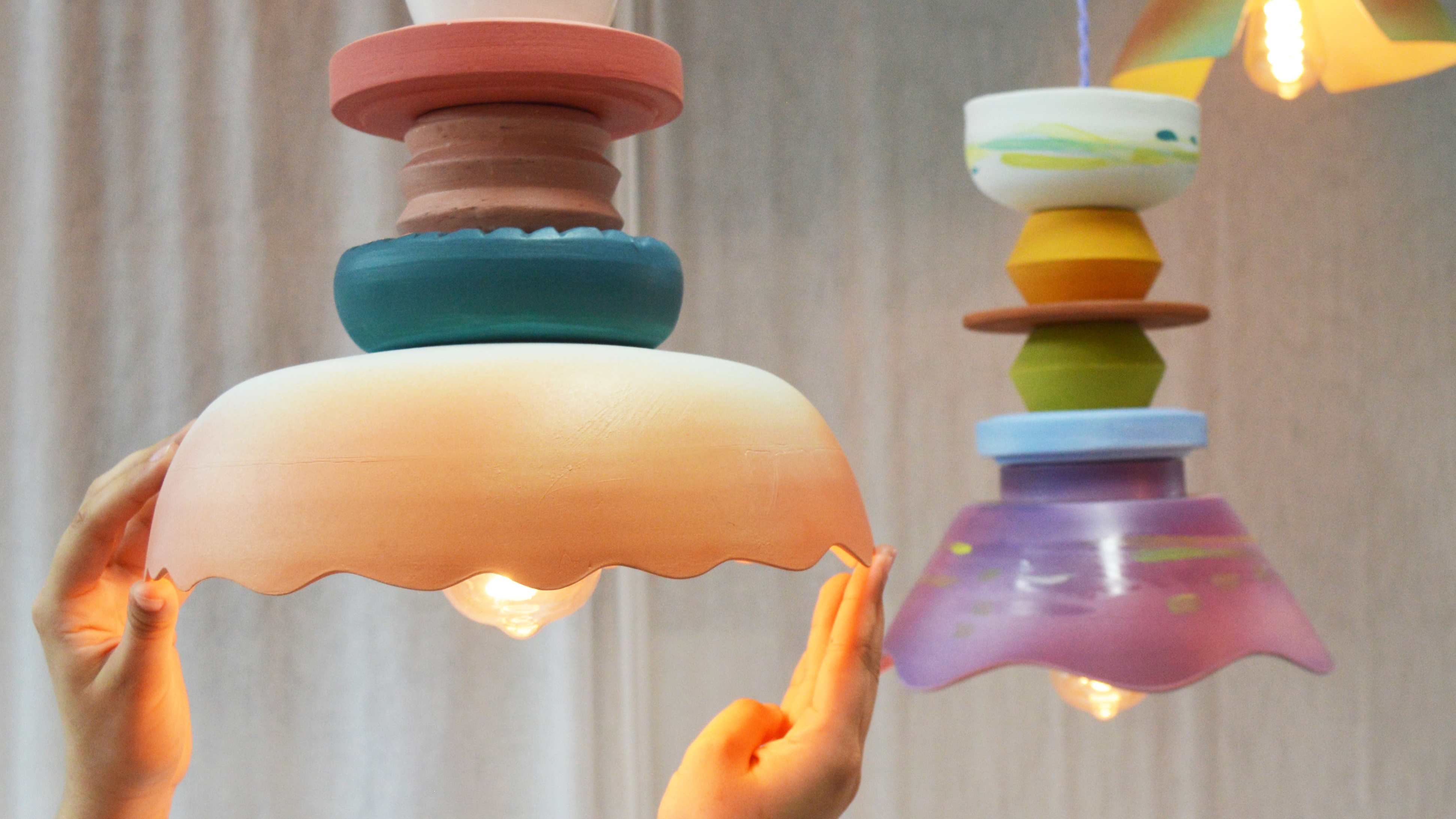 What to see at London Craft Week 2025
What to see at London Craft Week 2025With London Craft Week just around the corner, Wallpaper* rounds up the must-see moments from this year’s programme
-
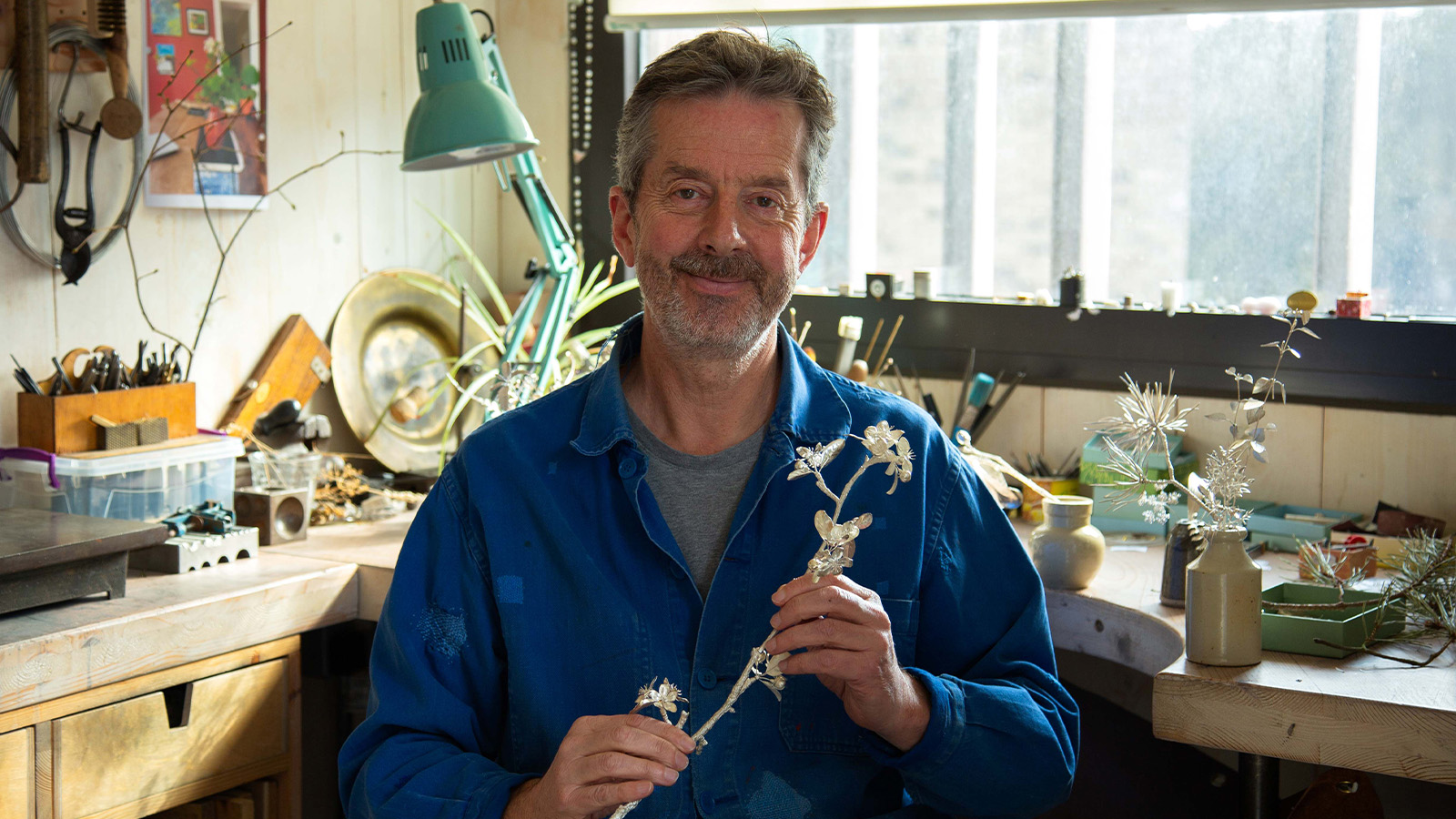 Nature sets the pace for Alex Monroe’s first sculpture exhibition
Nature sets the pace for Alex Monroe’s first sculpture exhibitionThe British designer hops from jewellery to sculpture for his new exhibition at the Garden Museum, London. Here, he tells us why nature should be at the forefront of design